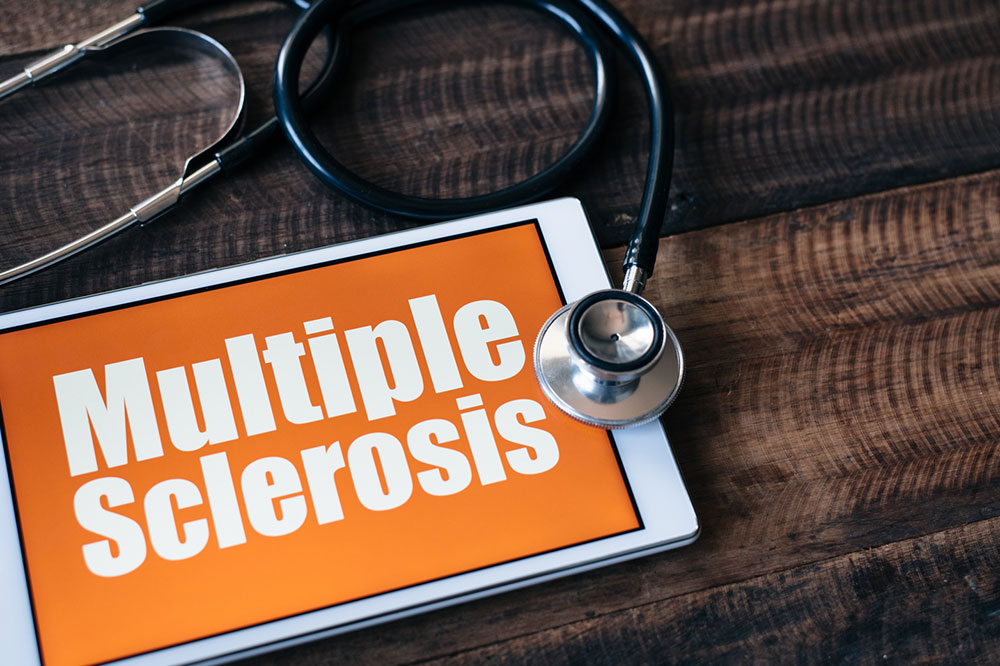Comprehensive Guide to Managing Multiple Sclerosis with Diet: Essential Foods to Embrace and Avoid
This comprehensive guide explores how dietary choices can influence multiple sclerosis management. It details foods to include, such as fruits, vegetables, Omega-3s, and lean proteins, as well as those to avoid, including saturated fats, added sugars, refined grains, and high-sodium processed foods. The article emphasizes the importance of a nutrient-rich, anti-inflammatory diet in alleviating MS symptoms and improving overall health, complemented by professional medical advice for tailored treatment plans.

Managing Multiple Sclerosis Through Dietary Choices: Key Foods to Include and Avoid
Multiple sclerosis (MS) is a chronic neurological condition that disrupts the communication pathways between the brain and the rest of the body. This disorder can significantly impact an individual's quality of life, leading to symptoms like blurred vision, muscle weakness, fatigue, numbness, double vision, and even depression. The severity of MS varies considerably among patients, with some experiencing mild, manageable symptoms, while others face daily challenges that hamper their independence and well-being. Although there is no cure for MS yet, lifestyle modifications—especially dietary strategies—can play a crucial role in symptom management and overall health improvement.
Nutrition is a foundational aspect of health, and for individuals with MS, a well-balanced, nutrient-rich diet can help manage symptoms and decrease the risk of additional health problems such as cardiovascular diseases, obesity, and diabetes. Proper nourishment supports vital bodily functions, enhances immune health, improves skin, dental health, and digestion, while also aiding in weight management. Before initiating any significant dietary changes, it is essential to consult with healthcare professionals to tailor a plan suited to individual needs. Below, we explore the foods that can support MS management and those that should be limited or avoided to optimize health outcomes.
Incorporating Beneficial Foods into Your MS Diet
Crafting a diet that promotes health and reduces inflammation is key. Focus on consuming a variety of colorful fruits and vegetables that supply antioxidants, vitamins, and minerals, all of which are vital for repairing cells and combating oxidative stress linked to MS. Whole grains like oats, brown rice, and quinoa are excellent sources of complex carbohydrates that provide steady energy without causing blood sugar spikes.
Omega-3 fatty acids are renowned for their potent anti-inflammatory effects. Include fatty fish such as salmon, mackerel, and sardines in your meals at least twice a week. Plant-based options like walnuts, flaxseeds, chia seeds, and hemp seeds also contain healthy omega-3s. Lean proteins such as poultry and turkey, along with plant-based proteins like legumes, beans, lentils, soy products, and nuts, are excellent for maintaining muscle mass and supporting overall health.
Staying well-hydrated is crucial; aim to drink plenty of water throughout the day. Use healthy fats like extra virgin olive oil, avocado oil, and hemp oil for cooking and dressings to help reduce inflammation and maintain healthy cholesterol levels. Spicing your meals with turmeric and ginger can further benefit MS symptoms — turmeric is particularly valued for its strong anti-inflammatory properties. Adding avocados to your diet can provide heart-healthy monounsaturated fats that support cardiovascular health.
Now, let’s examine the foods that individuals with MS should limit or avoid to prevent exacerbating symptoms.
Foods and Substances to Minimize or Avoid in an MS-Friendly Diet
It’s advisable to cut down on saturated fats, primarily found in red meats, full-fat dairy, and processed foods, as these may increase inflammation. Moderating alcohol intake is important because some patients have reported worsening of coordination and balance issues with alcohol consumption. Limiting added sugars—found in candies, sweets, baked goods, and sugary beverages—helps prevent weight gain, insulin resistance, and blood sugar fluctuations.
Refined grains such as white bread, white rice, and pastries can cause blood sugar spikes and may contribute to insulin resistance. Choosing whole, unprocessed grains is preferable. Dairy products should be consumed in moderation, favoring low-fat or fat-free options when possible, and considering dairy alternatives if sensitivities exist. Excess salt intake should be avoided by reducing processed foods and seasoning meals with herbs and spices like black pepper, garlic, and lemon instead of salt.
Caffeine, often found in coffee, tea, and energy drinks, should be limited as it can influence urinary frequency and bladder symptoms in MS patients. Some individuals might benefit from a gluten-free diet, especially if they experience symptoms that appear to be triggered or worsened by gluten ingestion. While gluten sensitivity varies among individuals, eliminating gluten can sometimes lead to improvements in neurological symptoms and overall health.
Adopting this dietary approach involves prioritizing nutrient-dense, anti-inflammatory foods while avoiding those that could potentially trigger or worsen MS symptoms. Combining these nutritional strategies with appropriate medical treatments and lifestyle adjustments can markedly improve overall well-being and assist in managing the progression of MS. By staying diligent with dietary choices, individuals with MS can enjoy a better quality of life, marked by improved energy levels, reduced symptoms, and enhanced health resilience.





